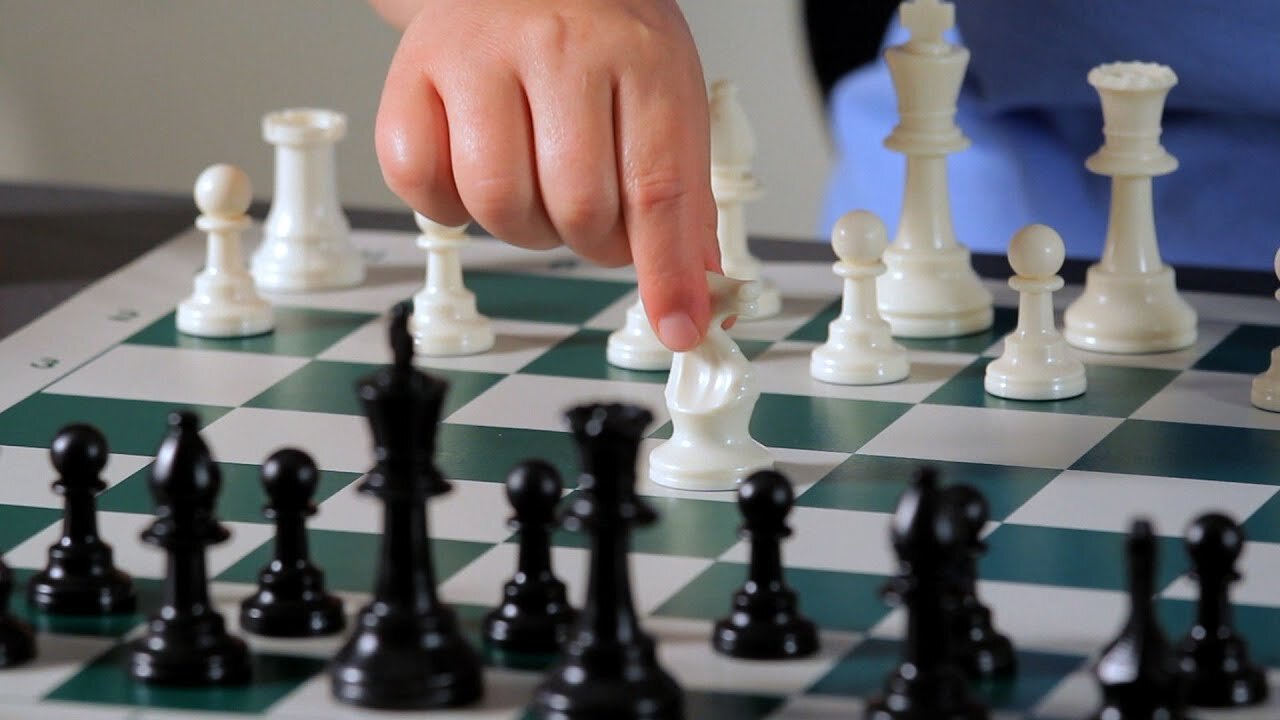This is known to be one of the most game changing positions. Control over the centre. Along with many other principles, the books for the beginners talk about the basic opening principles and one of them that ought to be in the list is, to progress our pieces to the centre of the board, early in the game. Why is it so? And what puts us to the advantage, upon doing so? This blog discusses the why and how of controlling the centre.
Which is the centre?
In chess, the centre of the board is the four squares in the middle and adjacent squares beside it. It is often said in battles and wars that once you seize the centre, it gets easier to dethrone the king. Centre is a place, from where you can keep a tab of the entire board. It’s generally termed as exploitation of power through the centre even if it is a pawn structure.
The Advantage
There are two basic advantages you get, if you have foot in the centre. they are:
Flexibility- It gives you the ease to move your pieces in whichever direction it requires.
Difficult to attack- For your opponent of course. Your opponent won’t be many squares to exercise its strategies and tricks, ;leaving you with an upper hand in the game.
Multipurpose- Your centre- pieces can perform various roles. It can act as a defender and an attacker both. I can also act as a backup to your active pieces while you attack the king.
Charge your opponent pieces- Even if you have a bishop at the centre it can dominate over other valuable pieces of your opponent like the knight or rook. Challenging their move from various directions.
Controlling the centre, controlling the game
Every player essentially has a strategy in their mind by studying about their opponent. Controlling the centre is the motive of both the players and whoever does it first stands a fair chance to drive the rest of the game. Thus, it is always advisable to take control of the centre, early in your game. Focus on the centre as you would do it in your endgame. Aim for the king (Checkmate). Once you have placed your authority, your opponent is pushed to change his/her strategy accordingly and this is where you are studying their mistakes. do not miss out on minor mistakes performed by your opponent.
A fair play need not be dependent on being timid and defensive. It is okay to be aggressive on the board and immobilize your opponent. Just like controlling the centre, there are various other tricks that you can master. Log on to www.mindmentorz.com and register. Learn more about chess at our academy and strengthen your cognitive strength. Quoting Noam Chomsky “How it is we have so much information, but know so little?” Because we don’t identify the appropriate place to gain the rest.


